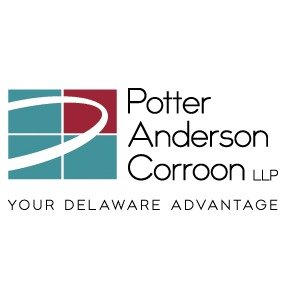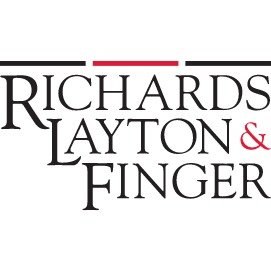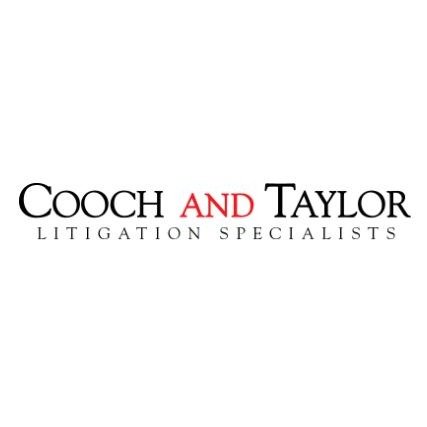Best Business Lawyers in Wilmington
Share your needs with us, get contacted by law firms.
Free. Takes 2 min.
List of the best lawyers in Wilmington, United States
United States Business Legal Questions answered by Lawyers
Browse our 1 legal question about Business in United States and read the lawyer answers, or ask your own questions for free.
- How do I legally protect my idea before selling or licensing it to a company?
- I have a makeup product idea that I want to sell or license, not the product itself. It is influenced by a product that was recently launched. Therefore, I want to sell/license to the company that launched said product. After some research, I contacted a patent attorney who explained that... Read more →
-
Lawyer answer by P.O OHIKHENA & Co
Good day,A patent will not be applicable since it's still an idea. You can go into an MOU(Memorandum of understanding) with the said company and also an NDA.You can contact me for my insight. Visit our profile and send us...
Read full answer
United States Business Legal Articles
Browse our 2 legal articles about Business in United States written by expert lawyers.
- NY 2026 Corp Tax: Thresholds & Franchise
- For tax years beginning on or after January 1, 2026, New York businesses will only be required to make estimated tax payments if their expected New York tax (including any MTA surcharge) is at least $5,000, up from $1,000. Many small and some mid-sized New York corporations and S corporations... Read more →
- Texas AI Compliance 2026 United States Data Privacy Rules
- By 2026, Texas agencies and many businesses that build, host, or support AI tools for government or consumer-facing decisions will face stricter disclosure and anti-discrimination requirements. Texas is pairing its new data privacy framework (Texas Data Privacy and Security Act) with AI-specific rules that target "algorithmic discrimination" in areas like... Read more →
About Business Law in Wilmington, United States
Business law in Wilmington, United States is a branch of law that deals with the creation of new businesses and the issues that arise as existing businesses interact with the public, other companies, and the government. This includes the regulation of commercial transactions, the incorporation of companies, and the rights and responsibilities of businesses and their stakeholders. Business law is mainly enforced at the state level, including Wilmington, but federal laws also apply.
Why You May Need a Lawyer
A lawyer becomes an essential person when starting and running a business in Wilmington, United States. Legal advice is frequently required around business formation, contract drafting and disputes, employment law issues, and regulatory compliance. Furthermore, businesses involved in commercial litigation, acquisitions, or mergers will require the services of a competent business attorney. Additionally, a business lawyer provides protection by ensuring that your business is compliant with all pertinent local and federal laws.
Local Laws Overview
In Wilmington, various local laws affect businesses. Primarily, businesses must adhere to the Wilmington Business Privilege Licenses regulations, which require most businesses to obtain a license before operating. There are also zoning laws that regulate where a business can be located, employment laws that govern how employers interact with employees, and health and safety regulations that protect workers and the public. Tax laws are also crucial, dictating how businesses pay taxes at the local, state, and federal levels.
Frequently Asked Questions
1. Do I need a business license to operate in Wilmington?
Yes, most businesses are required to obtain a Business Privilege License to operate in Wilmington.
2. What kind of legal structure should I choose for my business?
The legal structure of your business depends on several factors including your risk tolerance, the number of owners, the need for raising capital, etc. The choices include sole proprietorship, partnership, corporation, and LLC. A lawyer can help decide the best structure for your business.
3. What local taxes do businesses in Wilmington need to be aware of?
Businesses in Wilmington are subject to different local taxes including the Business Privilege Tax and property tax.
4. Can I operate a business from home?
Yes, but you need to comply with local zoning laws and may require a Home Occupation Permit.
5. How can a lawyer help my business comply with local laws?
A lawyer can help you understand the various federal, state, and local laws that apply to your business. They can assist with legal document preparation, regulatory compliance, dispute resolution, and many other legal aspects of running a business.
Additional Resources
Various local agencies and organizations can offer support to businesses in Wilmington. The Wilmington Chamber of Commerce provides local business networking opportunities and advocacy. The Delaware Small Business Chamber can provide resources and support for small businesses. The Delaware Division of Small Business provides a wealth of resources for new and established businesses.
Next Steps
If you need legal assistance with your business, consider seeking a consultation with a local business attorney. They can offer comprehensive advice tailored to your specific situation. Consultations can usually be set up through a lawyer's office. It's also valuable to research local laws and regulations to gain a better understanding of your obligations and rights as a business owner in Wilmington.
Lawzana helps you find the best lawyers and law firms in Wilmington through a curated and pre-screened list of qualified legal professionals. Our platform offers rankings and detailed profiles of attorneys and law firms, allowing you to compare based on practice areas, including Business, experience, and client feedback.
Each profile includes a description of the firm's areas of practice, client reviews, team members and partners, year of establishment, spoken languages, office locations, contact information, social media presence, and any published articles or resources. Most firms on our platform speak English and are experienced in both local and international legal matters.
Get a quote from top-rated law firms in Wilmington, United States — quickly, securely, and without unnecessary hassle.
Disclaimer:
The information provided on this page is for general informational purposes only and does not constitute legal advice. While we strive to ensure the accuracy and relevance of the content, legal information may change over time, and interpretations of the law can vary. You should always consult with a qualified legal professional for advice specific to your situation.
We disclaim all liability for actions taken or not taken based on the content of this page. If you believe any information is incorrect or outdated, please contact us, and we will review and update it where appropriate.
Browse business law firms by service in Wilmington, United States
Wilmington, United States Attorneys in related practice areas.

















